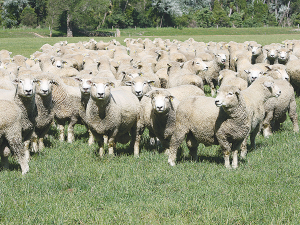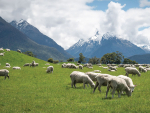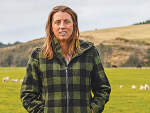Beef + Lamb New Zealand (B+LNZ), in partnership with the Ministry for Primary Industries (MPI) and other sector organisations, has launched a national survey to understand better the impact of facial eczema (FE) on farmers.
The Social Impacts Survey is part of the broader Eliminating Facial Eczema Impacts (EFEI) programme - an industry-wide effort to reduce and ultimately eliminate the devastating impacts of FE on New Zealand's livestock industries.
The social impacts survey forms part of the programme's journey to understand FE and its effects on farmers. Other projects contributing to the understanding of these impacts include the Sheep Poo Study, which is entering its third and final season. This study plays a key role in assessing the spread and severity of FE. Earlier this year, an economic survey illuminated the financial impacts of FE, and this social survey is equally crucial.
FE affects more than profit and on-farm productivity; it impacts farmers' sense of purpose, self-worth, and relationships with their animals and families. B+LNZ says the human side of the story has been underreported.
"Facial eczema is a challenging disease to identify early and manage. It affects the animals but also impacts their caretakers, leading to broader consequences for the entire farm business and other relationships," says Dr Suzi Keeling, head of science and research at B+LNZ.
"We know farmers are deeply connected to their animals; when animals suffer, it can take a real emotional toll."
The survey seeks input from sheep, beef, dairy, deer, and camelid (alpaca and llama) farmers.
There is a separate survey for rural professionals like veterinarians and farm advisors.
Participants will help get a better understanding of the effects on individual farms and support practical support tools, and on-farm strategies to reduce the burden of FE. The 15-minute survey is open until Friday 18 July 2025. For every completed response, B+LNZ will donate $10 to a charity supporting rural wellbeing.
"Let's work together to tackle FE and support the wellbeing of our farming communities," says Keeling.



















